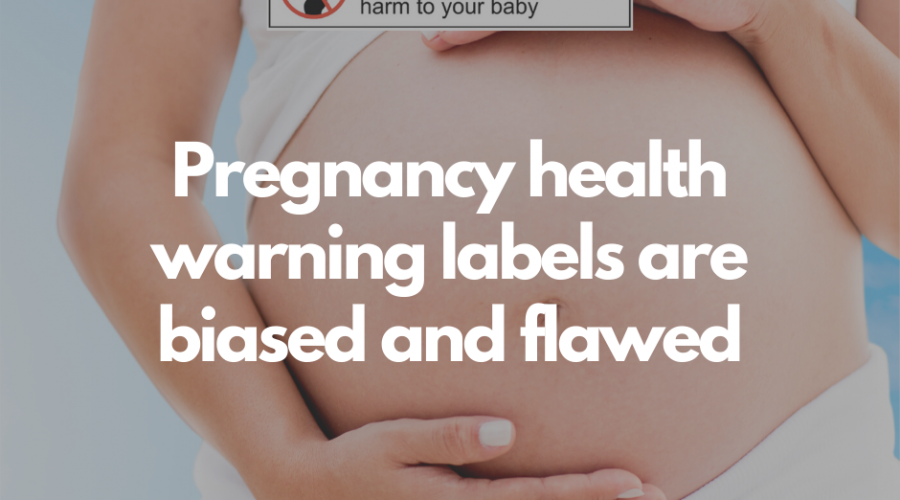Group calls on provinces to ‘immediately remove barriers’ to same-day weed delivery
Delivery would make life easier on Canadians during coronavirus outbreak while helping stave off black market.
The Consumer Choice Center (CCC) wants the rest of Canada’s provinces to join Saskatchewan and Manitoba in allowing the same-day delivery of cannabis.
Self-described champions of lifestyle freedom and innovation, the group noted that weed should not be excluded from the extensive list of everyday items consumers can have brought to their front door, especially in the time of COVID-19.
“Consumers can order household products, food and alcohol for same-day delivery,” said David Clement, North American affairs manager for the CCC. “It is silly to prohibit same-day cannabis delivery from licensed retailers,” Clement said.
“With the exception of Manitoba and Saskatchewan, cannabis consumers are left waiting days for Canada Post to deliver online orders. Provincial governments should immediately remove the legal barriers for same-day delivery from licensed retailers.”
After legalization, Saskatchewan and Manitoba quickly emerged as testing grounds for cannabis delivery services, thanks to their relatively liberal retail regimes, which allow private actors to operate online stores.
The result of those policies — which differ from rules in Ontario, Quebec, B.C. and Alberta, where online cannabis stores are controlled by the province — has been a flurry of cannabis start-ups, including Super Anytime Inc., Pineapple Express Delivery Inc. and Prairie Records that offer same-day delivery to recreational cannabis consumers.
The Ontario Cannabis Store has been slowly testing same-day delivery in the province, but it is currently only available to select postal codes in the Greater Toronto Area, Hamilton, Guelph and Waterloo.
But the time has come to integrate the service countrywide, Clement argued. “Allowing for same-day delivery will help cannabis consumers during the COVID-19 outbreak, but it will also help combat the black market in the long run,” he said.
“There are a variety of illegal online options for same-day delivery. Allowing for licensed retailers to compete will make the legal market more attractive, and could help consumers switch from the black market to the legal market,” he added.
The consumer advocacy group has been critical of government regulation of cannabis in the past, slamming package regulations as being “heavy-handed” and arguing that Canadian consumers have paid the price for the government’s inability to understand the drug.
Originally published here.


